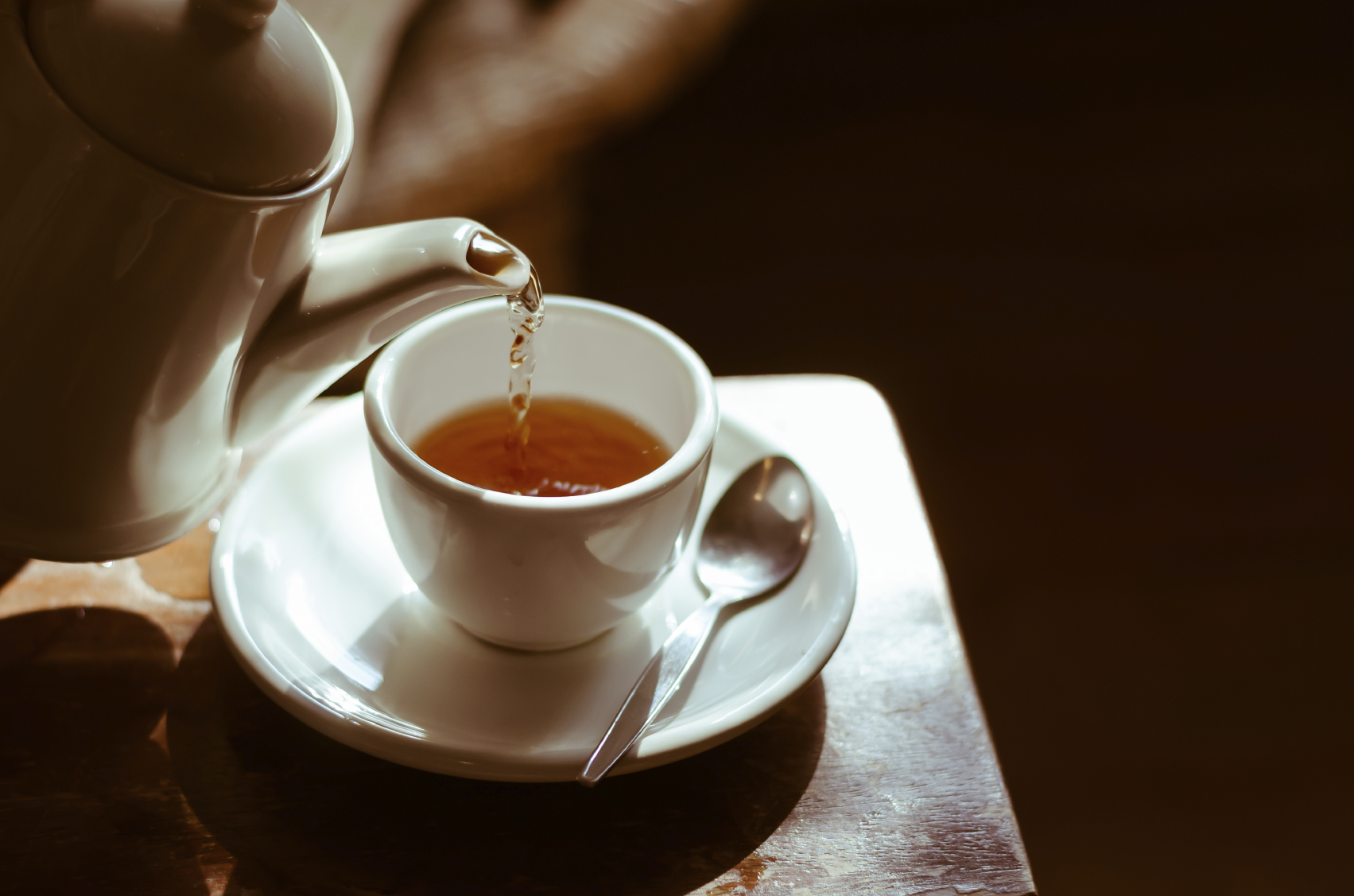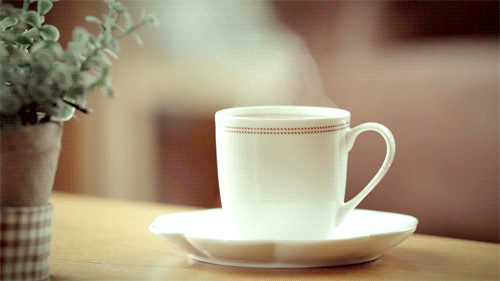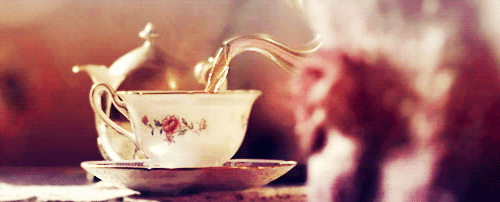
We drink a staggering 165 million cups of tea per day between us, which adds up to 60.2 billion a year.
But not everyone knows how to make a good cuppa.
Scientists have poured over the correct procedure for years and have come up with a definitive guide to the perfect cup of tea.
Tea bags are convenient but for the fullest flavour, use loose tea leaves.
Store in an airtight container to keep them dry and avoid them becoming contaminated by outside aromas.
Always used fresh water in your kettle. Sitting water means stale tea.

Warm the (preferably china) pot to prevent temperature loss while brewing and then add the correct amount of tea to the water.
The water must just have reached boiling point when you pour it in the pot. Tea made with under-boiled water will be weak and flavourless whereas over-boiled water becomes deaerated and renders the infusion insipid in taste.
Let the tea infuse properly (an average-sized teapot infuses in three to five mins) before pouring out into a cup through a strainer.
The old question of putting the milk in first or last was answered by the British Standards Institution more than 100 years ago.

In a six-page booklet on making the perfect cuppa published in 1901 they advised putting the milk in before the tea is poured.
This was backed up a century later by experiments at Loughborough University which found putting milk in after the boiling water caused the milk’s proteins to clump and affect the taste of the tea.
Of course, there is also the tea bag in a mug method.
This has guidelines too, with the University of Northumbria advising adding boiling water to a tea bag and leaving for two mins.
Then remove the bag and add the milk and leave for six mins until it reaches optimal temp of 60C.
Stick to this guide and your brew will be everyone’s cup of tea.


Enjoy the convenience of having The Sunday Post delivered as a digital ePaper straight to your smartphone, tablet or computer.
Subscribe for only £5.49 a month and enjoy all the benefits of the printed paper as a digital replica.
Subscribe